
Iron Supplements During Pregnancy
Iron is a chemical element necessary for the body’s optimal functioning. Pregnant or not, iron helps in the creation of hemoglobin, which is a protein present in the red blood cells that transport oxygen into different body parts. There are other proteins active in muscles and bones, which are composed of iron. Also, iron aids in keeping the immune system strong. In pregnant women iron is necessary to make additional hemoglobin, as there is more blood in the pregnant than non-pregnant body. Larger amounts of iron are also needed for the growth of the baby as well as the development of placenta. Any kind of nutritional supplements that are taken during pregnancy need to be prescribed by a medical care professional. In instances in which the woman had iron deficiency before becoming pregnant, the doctor will recommend higher than usual dosages. Unless the levels or iron are satisfactory the adverse consequences include premature delivery, low birth weight and an increased risk of infant mortality. It should be noted that the dosages of iron in pregnant and non-pregnant women do not differ drastically, further indicating the importance of the mineral for overall health. Non-pregnant women require on average about 18 mg of iron in their daily diet, while 27 milligrams are needed for those who are expecting. Many experts agree that the daily dosage does not strictly have to fall within the recommended range. As long as there is an adequate weekly intake of iron the system will function uninterruptedly.Sources and Types of Iron
Iron Supplements and Iron Deficiency During Pregnancy
When it comes to taking iron supplements during pregnancy, those with iron deficiencies will probably be recommended a slightly higher dosage at first, such as 30 milligrams. It should be noted that the pregnant body is more efficient in iron absorption. In addition, one of the effects of iron deficiency includes becoming anemic as a result of not producing enough hemoglobin. Loss of energy and chronic feelings of fatigue are the most commonly observed symptoms of iron deficiency anemia. At the same time, the body is less capable to fight off various types of infections. Women who are anemic at the time of delivery are at a greater risk of needing a blood transfusion as a result of a loss of large amounts of blood. Also, there have been some research articles suggesting there is a link between iron deficiency anemia and postpartum depression. The baby receives the necessary amounts of all nutrients before the mother does. If there are insufficient amounts available for both, the baby will take its share leaving little or none for mom. In cases in which there is not enough iron for the baby either, there is a chance of growth and cognitive developmental delays.Are There Any Side Effects From Too Much Iron?
Higher than normal amounts of iron in the blood of a pregnant woman can lead to gestational diabetes, having a miscarriage, developing heart problems, high blood pressure, and asthma. Taking the prescribed amounts of iron during pregnancy is the safest way to secure the benefits and avoid the risks.


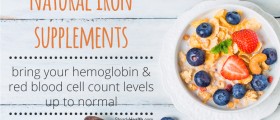


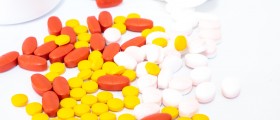
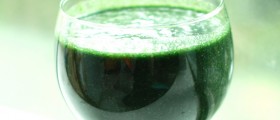


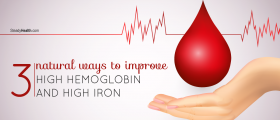
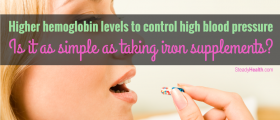

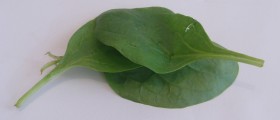


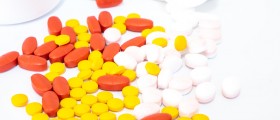
Your thoughts on this
Loading...